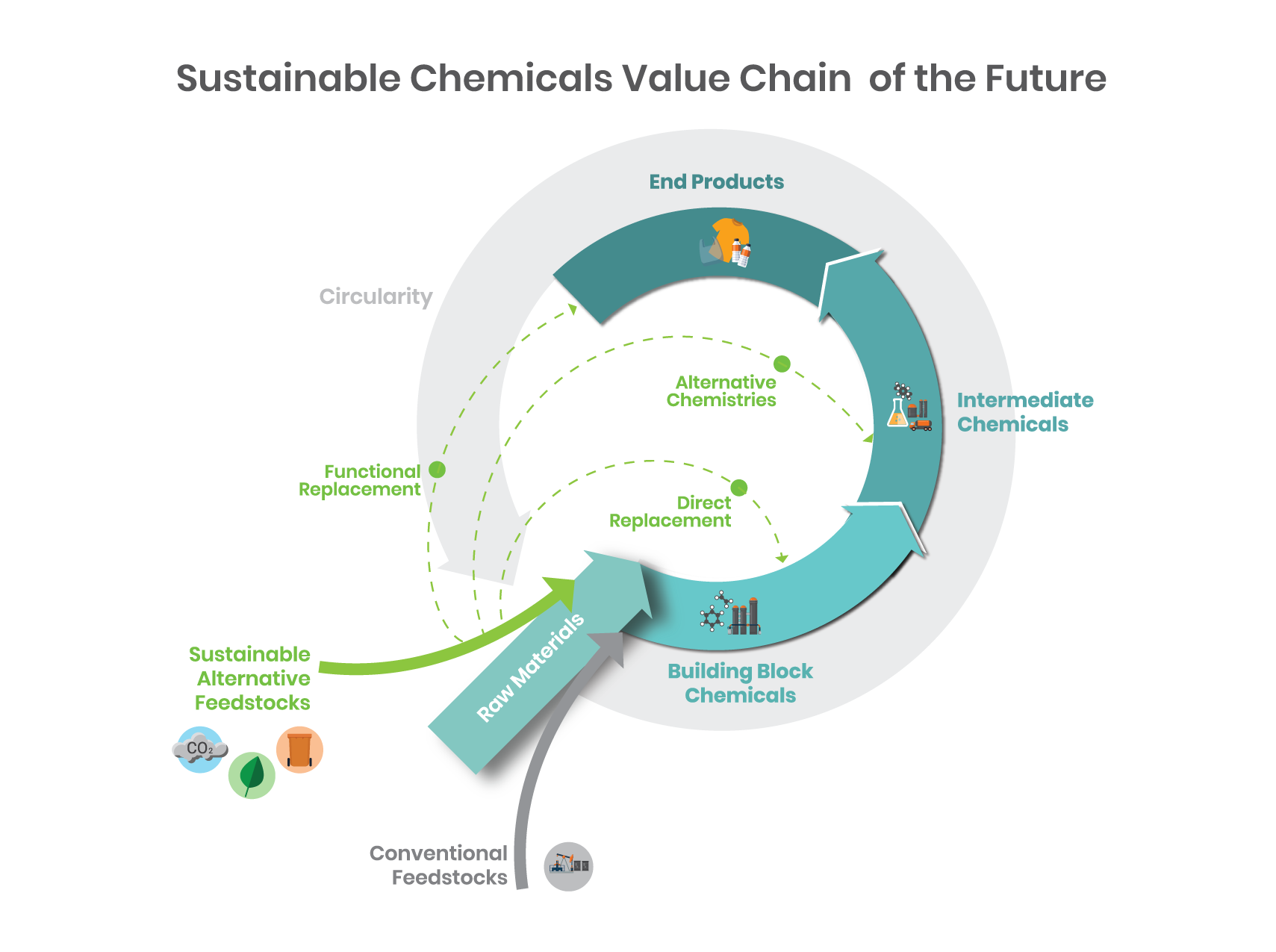The Total Guide to Understanding and Making Use Of Chemical Products Securely
The Total Guide to Understanding and Making Use Of Chemical Products Securely
Blog Article
Secret Factors To Consider for Picking the Right Chemical Products to Attain Effective Integrated Solutions in Your Operations
Choosing the ideal chemical items for incorporated solutions in operations requires a multifaceted technique that includes numerous critical considerations. From evaluating chemical compatibility to guaranteeing adherence to regulative requirements, each aspect plays a crucial duty in maximizing functional effectiveness and safety.
Understanding Chemical Compatibility

To examine compatibility, one should consider elements such as the chemical buildings of the materials entailed, consisting of pH, focus, temperature level, and the visibility of contaminations. Making use of compatibility graphes and data sources can offer useful insights into potential communications. In addition, carrying out small-scale tests can help identify unforeseen responses that might not be documented.
Variables such as humidity, light exposure, and temperature level can affect the security and reactivity of chemical products. By prioritizing chemical compatibility during the choice procedure, companies can boost functional efficiency, decrease the danger of mishaps, and make sure conformity with safety and security methods.
Evaluating Regulative Compliance
In the complex landscape of chemical product option, evaluating regulative conformity is critical to making sure not just safety and security but also lawful adherence. Organizations must navigate a myriad of regulations, from local and national regulations to global criteria, that regulate the use, storage space, and disposal of chemical materials. This needs a thorough understanding of suitable laws such as the Occupational Safety And Security and Health Management (OSHA) standards, the Environmental Security Company (EPA) guidelines, and the European Union's Enrollment, Assessment, Authorisation and Constraint of Chemicals (REACH)
When choosing chemical products, it is essential to verify that vendors offer Safety Data Sheets (SDS) that information prospective threats and taking care of requirements. Companies should verify that the chemicals abide with industry-specific guidelines, which may enforce extra stipulations. Non-compliance can lead to extreme penalties, consisting of fines and functional shutdowns.
In addition, organizations need to remain updated on regulative changes, as non-compliance can emerge from out-of-date techniques. Establishing a durable compliance approach, including routine audits and employee training, can assist make certain adherence to present laws. Ultimately, focusing on regulatory compliance not just minimizes risk however additionally enhances the organization's track record and functional efficiency.
Assessing Environmental Effect
Exactly how can companies effectively evaluate the environmental effect of chemical items throughout the option process? A complete analysis requires a multifaceted method, integrating data on the life cycle of products, from manufacturing to disposal. Organizations should begin by identifying the potential hazards connected with each chemical, including poisoning, persistence in the setting, and bioaccumulation capacity. Using devices such as Safety and security Information Sheets (SDS) and ecological danger assessments enables a more clear understanding of these aspects.
Additionally, companies can leverage third-party accreditations and eco-labels that suggest conformity with ecological standards - Chemical Products. Engaging with providers who prioritize sustainability methods can also improve the option procedure. It is crucial to assess not just the direct impacts of chemical use but likewise the indirect effects, such as energy usage and waste generation
Applying life Visit Your URL process assessment (LCA) methodologies can offer thorough understandings into the ecological impact of chemical items, highlighting areas for renovation. By prioritizing openness and cooperation with stakeholders, organizations can make educated choices that line up with their sustainability objectives while minimizing damaging ecological results. This aggressive approach ultimately cultivates a much more responsible and eco-conscious functional framework.
Examining Cost-Effectiveness
While examining chemical products for operational use, organizations need to also take into consideration cost-effectiveness as an essential consider the option procedure. This includes assessing not only the preliminary purchase rate however likewise the total expense of possession, which includes aspects such as usage effectiveness, maintenance, and disposal costs. Chemical Products. An item that shows up low-cost upfront may incur greater costs in power consumption or require even more constant substitute, Learn More Here inevitably affecting the bottom line
Additionally, companies should analyze the capacity for cost financial savings through maximized formulas that enhance performance and reduce waste. Products that call for lower application prices or use faster handling times can lead to substantial financial savings over time. It is likewise vital to think about the impact of regulative conformity expenses, as non-compliance can lead to fines and increased functional expenditures.
Moreover, companies must assess the long-term worth originated from the chemical products, consisting of improved quality, increased performance, and enhanced security. A thorough cost-effectiveness analysis empowers organizations to make educated decisions that straighten with both their monetary objectives and operational objectives, use this link ultimately bring about lasting and effective techniques.
Identifying Supplier Reliability
Distributor reliability is paramount when picking chemical items for operations, as it directly affects both item quality and operational efficiency. A trustworthy supplier constantly supplies high-grade items on time, guaranteeing that your procedures stay continuous. To identify provider integrity, begin by analyzing their track record within the market. Choose reviews, reviews, and instance studies that highlight their performance and consumer complete satisfaction levels.
Following, think about the provider's background of compliance with laws and standards. A trusted vendor should have a robust quality control program that abides by market standards. In addition, review their capacity to offer technological assistance and item details, which is important for notified decision-making.

Final Thought
In conclusion, picking the ideal chemical items for integrated remedies demands a detailed analysis of numerous important factors. Recognizing chemical compatibility, ensuring governing conformity, evaluating ecological impacts, examining cost-effectiveness, and recognizing trusted suppliers jointly contribute to notified decision-making.
Report this page